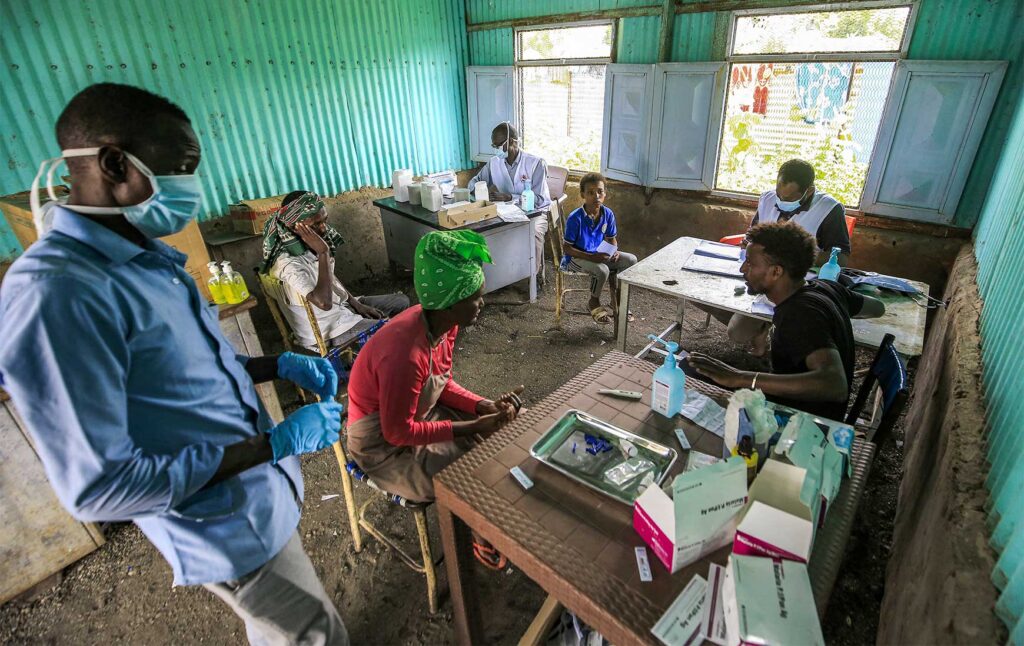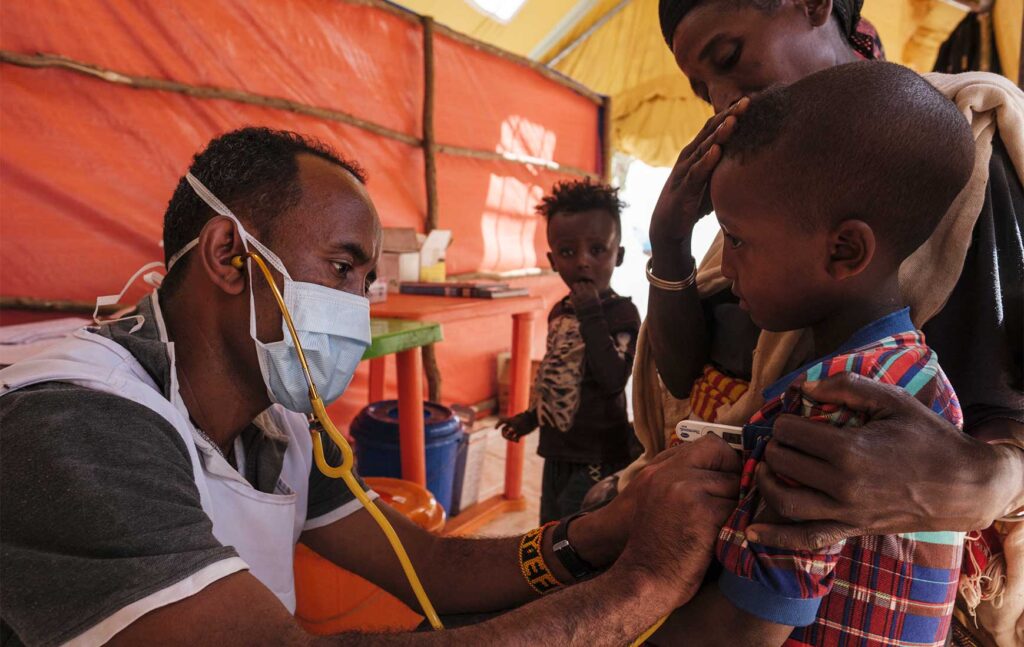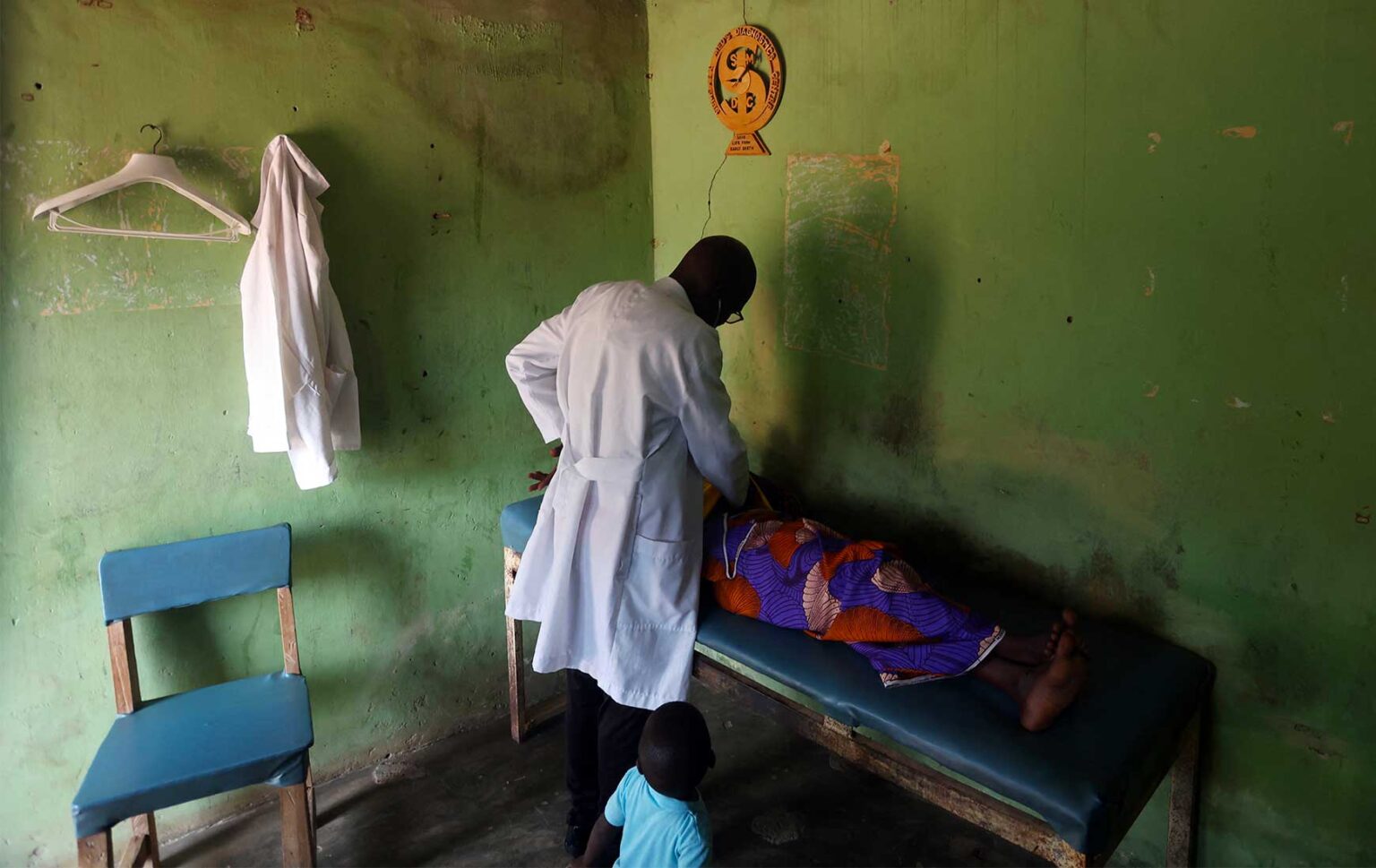From Cape to Cairo, decentralisation reforms have swept across modern Africa as countries seek to devolve decision-making power, resources, and service delivery responsibilities from central bureaucracies to provincial, district and municipal bodies. These sub-national units can ostensibly sharpen needs assessment, infrastructure oversight and welfare policies in unique community contexts.
The theoretical promise is far-reaching: bridging development gaps through localised innovation, incubating participatory democracy where state institutions engage with citizens, and stabilising national politics. Democratic openings across Africa since the 1990s have further boosted decentralisation, suggesting responsive governance and legitimacy gains where centralised authority once suppressed plural voices.
Although decentralisation’s impacts on welfare, rights and inclusion remain mixed across African countries, there are notable gains. For example, select evidence shows rural immunisation rates in Ethiopia are improving faster than in urban zones after decision-making devolved to woreda councils; woreda reforms enabled marginalised pastoralist communities to directly voice needs for mobile clinics during annual planning meetings, leading to a 28% increase in outpatient visits from 2008-2015, surpassing fixed urban facility growth. According to the World Bank, Ethiopia’s decentralisation has also narrowed the gap in educational outcomes between disadvantaged and better-off woredas, particularly in southern Ethiopia.

Similarly, Nigeria’s immunisation uptake jumped in Lagos and Kaduna states after localisation. A 2019 study by Advancing Partners and Communities (APC) found that Senegal’s decentralised community clinics narrowed gender gaps in reproductive health screenings by 15% through targeted outreach to women by local female health workers compared to nationally managed facilities.
In education, school enrolment rates in Uganda climbed faster at the primary level after decentralisation between 2010 and 2016, facilitated by district bursary allocations reaching poorer families. In Kenya, similar positive effects were also observed in districts like Tharaka Nithi, for example, where primary school dropout rates were cut because of school nutrition programmes under localised budgets.
Regarding basic services, Rwanda’s decentralisation expanded rural electricity access from 6% in 2006 to 35% by 2017 as maintenance and household connections improved under district supervision. But continuity concerns plague piped water programmes; a World Bank study found that decentralised rural schemes suffered much higher breakdown rates than nationally managed urban projects in Ghana over 2008–2016, when local capacity weaknesses manifested.
Risks of elite capture can also exclude women and marginalised groups from localised planning processes, as in the case of water management decentralisation in Uganda, where patriarchal village structures granted greater land access and irrigation control to male farmers. Civil society groups have critiqued district elite capture risks in natural resource allocation cases in Tanzania but praised the widening of judicial appeal avenues on land disputes under localised magistrates in Malawi.
The lingering question therefore persists: why has Africa’s decentralisation wave not yielded more uniformly positive governance transformation? What lies behind the glaring gaps separating extensive policy rhetoric from halting on-the-ground realities across decentralised units? Grappling with these concerns can shed light on potential pathways ahead. This article examines the obstacles at surface level as well as the deeper institutional bottlenecks and political-economic manipulations that shape implementation.
Politically, decentralisation facilitates more pluralistic democratic competition initially, as happened in Ghana after reforms in 1988. However, dominant party regimes often erode local accountability over time by prioritising patronage networks over responsiveness to citizen needs, for instance in South Africa, Tanzania, and Mozambique. Upward accountability to central ministries tends to override downward accountability to citizens, re-entrenching national politicians. Still, democratic participation through local elections and civic engagement on policy issues has increased substantially.
The crux of decentralisation’s bumpy road lies in politics. Regional factions can gain strength, threatening national cohesion, so central rulers limit actual decentralised power. An example of this is Zimbabwe, where, despite the devolution provided for in the 2013 constitution, the government has dragged its feet in implementing it. Frequent clashes between executive mayors of cities like Harare, Chinhoyi, and Mutare, who belonged to the opposition Movement for Democratic Change (MDC), and the Minister for Local Government, belonging to the ruling ZANU PF party, illustrate the clash between political interests and how it often sabotages efforts at decentralisation.

But decentralisation can also consolidate central authority. In Nigeria and South Africa, federal constitutions emerged from tense centrifugal pressures, helping preserve unitary statehood. Kenya’s 2010 constitution had a stabilising effect despite devolving significant resources. So, when managed prudently with adequate safeguards, decentralisation may reinforce national stability.
Ultimately, decentralisation’s efficacy hinges on political will. Leaders must genuinely share resources and decision-making latitude, not just token authority. Upward accountability should balance grassroots democratic control. Powerful groups must not be allowed to dominate decentralised institutions. Where self-seeking behaviour takes root reform derails. Getting incentives right to keep diverse interests reasonably aligned is essential for progress, although challenging where patronage and authoritarian habits run deep.
Critical to success and failure are financing arrangements and public sector administration after decentralisation. More often than not, centralised fiscal control has frequently short-circuited decentralised governance. Though poorer sub-national units desperately need resources, reliance on unconditional central transfers can foster local corruption instead of own-source revenue generation and institution building for accountability.
Yet local poverty necessitates substantial transfers in the short run. The solution lies in carefully designed fiscal transfer systems that bridge financing gaps while incentivising transparency and accountability. Countries must empower fiscally disciplined communities and prevent fiscal abuse by the privileged few. Nigeria demonstrates these tensions most starkly: massive oil wealth accruing to sub-national tiers since 1999 has fuelled unprecedented elite corruption rather than service delivery.
Getting this balance right is tricky but essential. As renowned political scientist Goran Hyden has stated, “The ledger book rather than the ballot box represents the weakest link when it comes to decentralisation in Africa”. Deft financial management must underpin reforms. A clear example of this is how student-teacher ratios have worsened in Nigeria’s Kwara state as a result of inadequate local financing.
Navigating centre-periphery tensions inherent in delineating sub-national boundaries remains crucial for balanced and equitable decentralisation. Federal constitutions in Ethiopia, Nigeria, Tanzania, Comoros, and South Africa (although South Africa isn’t technically a federal state) have sought to strike a workable bargain between centralised unity and regional demands for autonomy. Nigeria’s six-zone federal structure, balancing Muslim north and Christian south, diffused secession threats, as did the Ethiopian constitution’s devolution concessions to fractious ethnic regions (the recent ethnic conflicts such as in Tigray may, of course, call the efficacy of this into question). Clear constitutional demarcation of powers and dispute resolution mechanisms help stabilise tensions.
But multi-tiered decentralisation experiments involve inherent trade-offs. District creation in Uganda and Ghana improved local responsiveness but added bureaucratic layers that diluted coordination. Lagging regions in Ghana, like Upper West with weak technical capacity, saw widened development gaps due to poor absorption of earmarked funding by local authorities. Centralised oversight is thus still needed in monitoring fiscal transfers and human resourcing.
Centralised distortions also impact identity rights and create access barriers when local languages, cultures or needs receive inadequate recognition from public services. For instance, in Zimbabwe, over-centralisation concentrates national registrations in Harare (Shona speaking), leading to distorted spellings for Ndebele, Kalanga and minority groups. Where such offices exist in local areas, central manpower planning has also resulted in the deployment of Shona personnel who lack local cultural and language expertise, further heightening grievances. People also incur huge transport costs to correct errors due to linguistic unfamiliarity and distance. Similar experiences in Malawi led to the decentralisation of birth/death certification. So, administrative streamlining should balance standardised national guidelines with the flexibility to incorporate grassroots management capacities.

Overall, nurturing intergovernmental coordination channels, like South Africa’s district mayoral forums and Nigeria’s State Houses of Assembly, helps oversee decentralised units. Constitutions codifying regional rights, while upholding non-discrimination centrally, enable participative development.
Decentralisation in Africa remains a work in progress, but prudent sequencing offers viable pathways for deepening governance gains. While smooth linear progress has proven elusive, context-tailored approaches aligned to complex realities can manifest incremental transformation over time across the continent’s diverse polities.
The latent promise of community empowerment is real; by mobilising local resources around shared needs, decentralisation can render development more responsive and rights protections more accessible if institutional risks are mitigated. Success hinges on devolving fiscal, administrative and political levers to sub-national tiers in calibrated steps, while enhancing transparency protections to check elite capture. Where regional and ethnic tensions lurk, constitutions must balance meaningful autonomy with centralised oversight against localised discrimination.
No singular template guarantees outcomes, but the evidence shows decentralised gains embedding most sustainably when seeded in wider ecosystems of participatory decision-making, social accountability structures and redress mechanisms overseen by an alert central watchdog. South Africa’s integrated framework comes closest to such a synergistic model.
The road ahead remains bumpy but by walking judiciously, decentralised governance can steer states from high-handed centralisation towards needs-based, rights-respecting development focused on citizen priorities. With prudent balancing of community discretion and systemic oversight, the promises of decentralisation can progressively reshape the African state’s compact with its people towards responsive and accountable prosperity.
A clear political commitment is equally vital for meaningful authority and autonomy. With these preconditions, decentralisation’s latent promise can unfold dramatically to transform state effectiveness from the ground upward. As former Tanzanian President Julius Nyerere said, “If real development is to take place, the people have to be involved.”

Adio-Adet Dinika is a writer, researcher and affiliated PhD Fellow at the Bremen International Graduate School of Social Science (BIGSSS). His areas of interest are Digitalisation and the Future of Work. He has published opinion pieces on Digitalisation and socio-economic development in several print and online publications, and his first unpublished novel, They like us dead, was long listed for the 2021 James Currey Prize for African Literature. He is currently based in Bremen, Germany.



